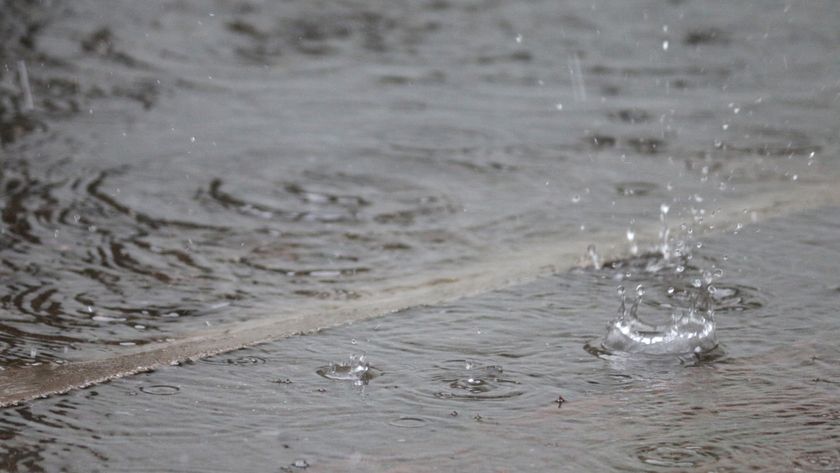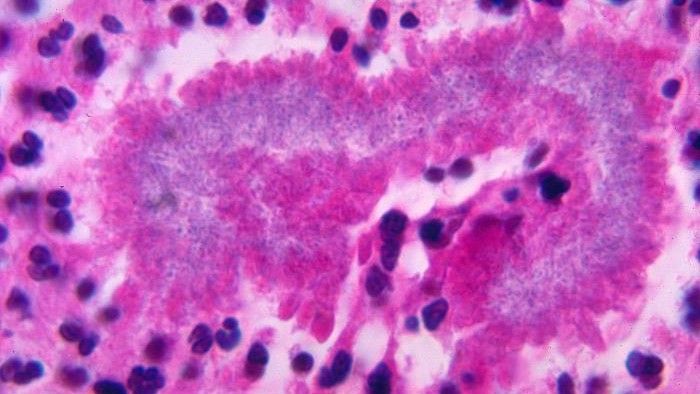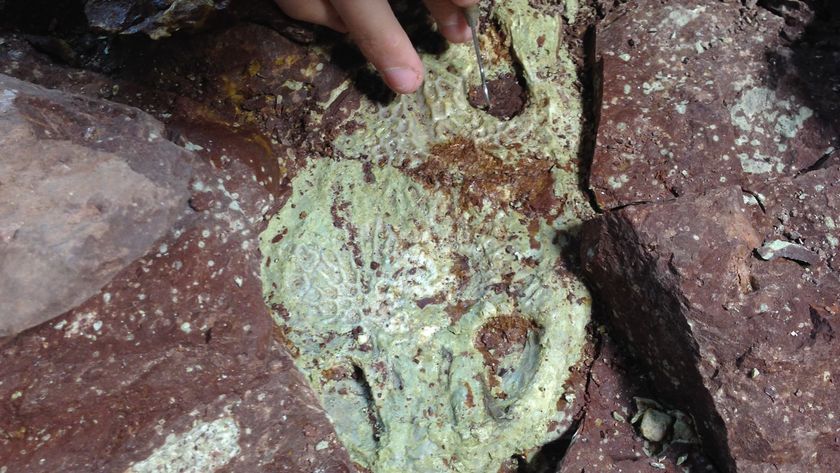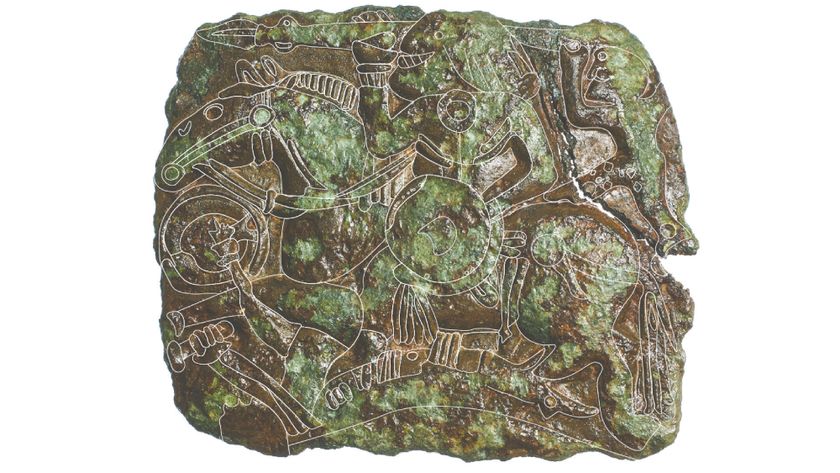Highway Habitats: Where Rodents Thrive
Highway medians look like dead zones to most of us, islands of grass and trash largely devoid of wildlife. Not so, a new study finds. Rodents, anyway, seem to love these places. "Biologists have often considered roadways as useless or worse for wildlife," said Dale Sparks, a biologist at Indiana State University. "The traditional view is that these areas are too badly damaged to serve as effective habitat. However, any birdwatcher and many bored drivers know that hawks spend a lot of time sitting on the roadside staring at the ditches, medians and highway triangles, so there must be something out there." Sparks and colleagues are studying the median and roadside habitats along a stretch of Interstate 70 in Indiana. "Everything in the preliminary data says medians are great habitats," Sparks said today. "We're finding a pretty good community of rodent species." White-footed mice, deer mice and voles inhabit ditches and other roadside locations. In the medians: white-footed mice, deer mice and shrews. To estimate the populations, the team traps the small mammals, then marks and releases them. Also, they set out feeding trays of seeds mixed with sand and see who shows up. "Mice that have no fear of predation can spend all night digging up each seed," Sparks said. "Scared mice, conversely, eat very little of the seed and soon leave. We can get an estimate of the habitat quality by seeing how much seed the mice leave behind." No estimate yet on how well these creatures avoid speeding motorists.
- America's Most Paved Places
- Meet the Mickey Mouse of Mongolia
- Ten Species Success Stories
Sign up for the Live Science daily newsletter now
Get the world’s most fascinating discoveries delivered straight to your inbox.











